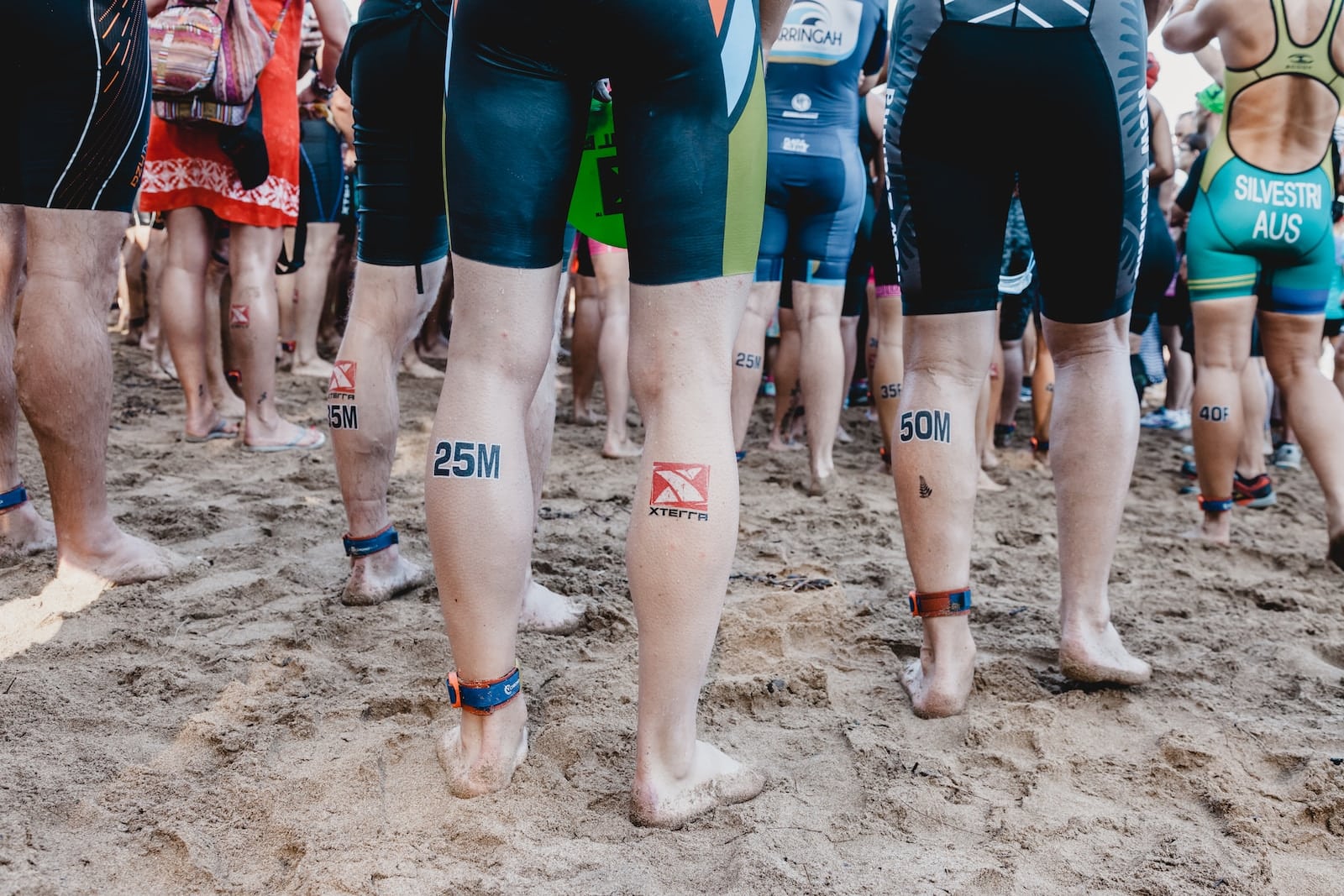Ideal diet for athletes

Athletes are a special breed of individuals who push their bodies to the limit in pursuit of performance and excellence. This pursuit requires not only rigorous training and exercise but also a carefully considered diet plan catering to their unique nutritional needs. An athlete’s diet significantly influences their performance, energy levels, and overall health. Here, we delve deep into the ideal nutrition plan for athletes, focusing on the critical role of proteins, fats, carbohydrates, and overall calorie intake.
The Significance of Protein in an Athlete’s Diet
Protein is a vital part of any athlete’s diet. It’s the building block of the body, crucial for muscle repair and growth. Athletes, especially those involved in strength and endurance sports, need to consume enough protein to support muscle recovery and growth following intense training.
A découvrir également : Boxing for fitness: a beginner’s guide
Adequate protein intake also helps in restoring energy, maintaining lean body mass, and promoting overall health. It’s suggested that athletes should aim to consume around 1.2 to 2.0 grams of protein per kilogram of body weight per day. This amount can be obtained from a variety of foods, including lean meats, fish, dairy, eggs, and plant-based proteins like legumes and tofu.
It’s also important to note that protein requirements can vary based on factors such as the type of sport, intensity of training, and individual body composition. Therefore, it’s recommended to consult with a sports nutritionist or dietitian to optimize protein intake.
Sujet a lire : Sprinting techniques for runners
The Role of Fats in an Athlete’s Diet
While fats have often been demonized in the realm of health and fitness, they are, in fact, essential for optimal athletic performance. Fats are the body’s primary energy source during low to moderate-intensity exercise. They also assist in vitamin absorption, hormone production, and maintaining cellular health.
Athletes should aim to obtain around 20-35% of their daily calories from fats. However, the type of fat consumed is just as important as the quantity. Unsaturated fats, found in foods like avocados, nuts, seeds, and olive oil, are beneficial for heart health and should constitute the majority of fat intake. On the other hand, trans fats and high levels of saturated fats should be avoided as they can negatively impact cardiovascular health.
Carbohydrates: The Energy Powerhouse
Carbohydrates are considered the body’s preferred source of energy, particularly during high-intensity sports. They are stored in the muscles and liver as glycogen and are crucial for maintaining energy levels during training and competitions.
Carbohydrate requirements for athletes can vary greatly depending on the exercise intensity, duration, and type of sport. For example, endurance athletes may require a higher proportion of carbohydrates in their diet, anywhere from 6 to 10 grams per kilogram of body weight.
Moreover, the timing of carbohydrate intake can impact performance. Consuming carbohydrates before exercise can maximize glycogen stores, while eating them after exercise assists in recovery by replenishing these stores.
Meal Planning and Timing for Athletes
Planning meals and eating at the right times can significantly enhance an athlete’s performance and recovery. Athletes should aim to eat a balanced meal or snack every three to four hours to keep energy levels stable.
Pre-workout meals should ideally be rich in carbohydrates to maximize glycogen stores and contain moderate amounts of protein for muscle health. Post-workout meals should also contain carbohydrates to replenish glycogen stores, along with ample protein to aid muscle recovery.
Lastly, hydration should not be overlooked in an athlete’s meal plan. Adequate fluid intake is essential for maintaining performance and preventing dehydration, particularly during prolonged exercise or in hot climates.
The Balance of Caloric Intake
To sustain their energy needs, athletes generally require a higher caloric intake compared to non-athletes. The specific amount, however, depends on various factors including age, sex, weight, height, and physical activity level.
While meeting calorie needs is important, it’s crucial that these calories come from nutrient-dense foods. Eating a variety of foods helps ensure adequate intake of vitamins, minerals, and other essential nutrients that support overall health and athletic performance.
In conclusion, an athlete’s diet should be well-balanced and tailored to their specific needs. It should provide optimum amounts of protein, fats, and carbohydrates, along with a variety of other nutrients. Proper meal planning and timing, along with sufficient hydration, can significantly improve an athlete’s performance, recovery, and overall health.
Importance of Vitamins and Minerals in an Athlete’s Diet
The role of vitamins and minerals in promoting optimal athletic performance cannot be overstated. These micronutrients are involved in an array of bodily functions that support the physical demands of training and competition.
Vitamins are essential for the conversion of food into energy, the repair and building of tissues, and the maintenance of a healthy immune system. Specifically, athletes should ensure they are getting adequate amounts of vitamins A, C, D, E, and B-vitamins, as these contribute to energy production, bone health, immune function, and muscle growth.
Minerals, on the other hand, are crucial for bone health, muscle function, hydration, and energy production. Key minerals for athletes include calcium, iron, zinc, and magnesium. Calcium supports bone health and muscle function, iron carries oxygen to the muscles, zinc aids in tissue repair and growth, and magnesium helps with energy production and muscle contractions.
Athletes can meet their vitamin and mineral needs by incorporating a variety of fruits, vegetables, lean proteins, and whole grains into their diet. However, due to the increased bodily demands, they may require higher amounts of certain vitamins and minerals than non-athletes. In such cases, a sports nutritionist or sports medicine professional can provide personalized advice on dietary adjustments or supplements.
Hydration and Sports Drinks in an Athlete’s Diet
Staying hydrated is a key component of optimal athletic performance. Dehydration can lead to fatigue, muscle cramps, and decreased coordination, all of which can negatively impact an athlete’s performance.
Water is the primary hydration source for athletes. They should aim to consume enough water before, during, and after exercise to compensate for the fluids lost through sweat. The American College of Sports Medicine recommends that athletes drink approximately 500ml of fluid 2 hours before exercise and continue to hydrate regularly during exercise.
In addition to water, sports drinks can play a beneficial role in an athlete’s hydration strategy, particularly during prolonged or intense training sessions. These drinks contain carbohydrates and electrolytes, which can provide quick energy and help replace the electrolytes lost through perspiration.
However, as with any aspect of an athlete’s diet, the use of sports drinks should be tailored to the individual’s needs and the demands of their sport. Overconsumption of sports drinks can lead to excess calorie and sugar intake, which can be detrimental to an athlete’s health and performance.
Conclusion
In summary, an athlete’s diet should be a strategic blend of proteins, fats, carbohydrates, vitamins, and minerals, all consumed in the right amounts and at the right times. Alongside a well-balanced, nutrient-dense diet, proper hydration is critical for enhancing athletic performance and promoting recovery. While meeting these dietary requirements can be a challenge, the guidance of a sports nutritionist or dietitian can prove invaluable in creating a personalized meal plan that optimizes performance, supports health, and complements the athlete’s training regime. Remember, an athlete’s meal is not merely about fueling the body; it’s about nourishing it to achieve peak performance and sustained health.
